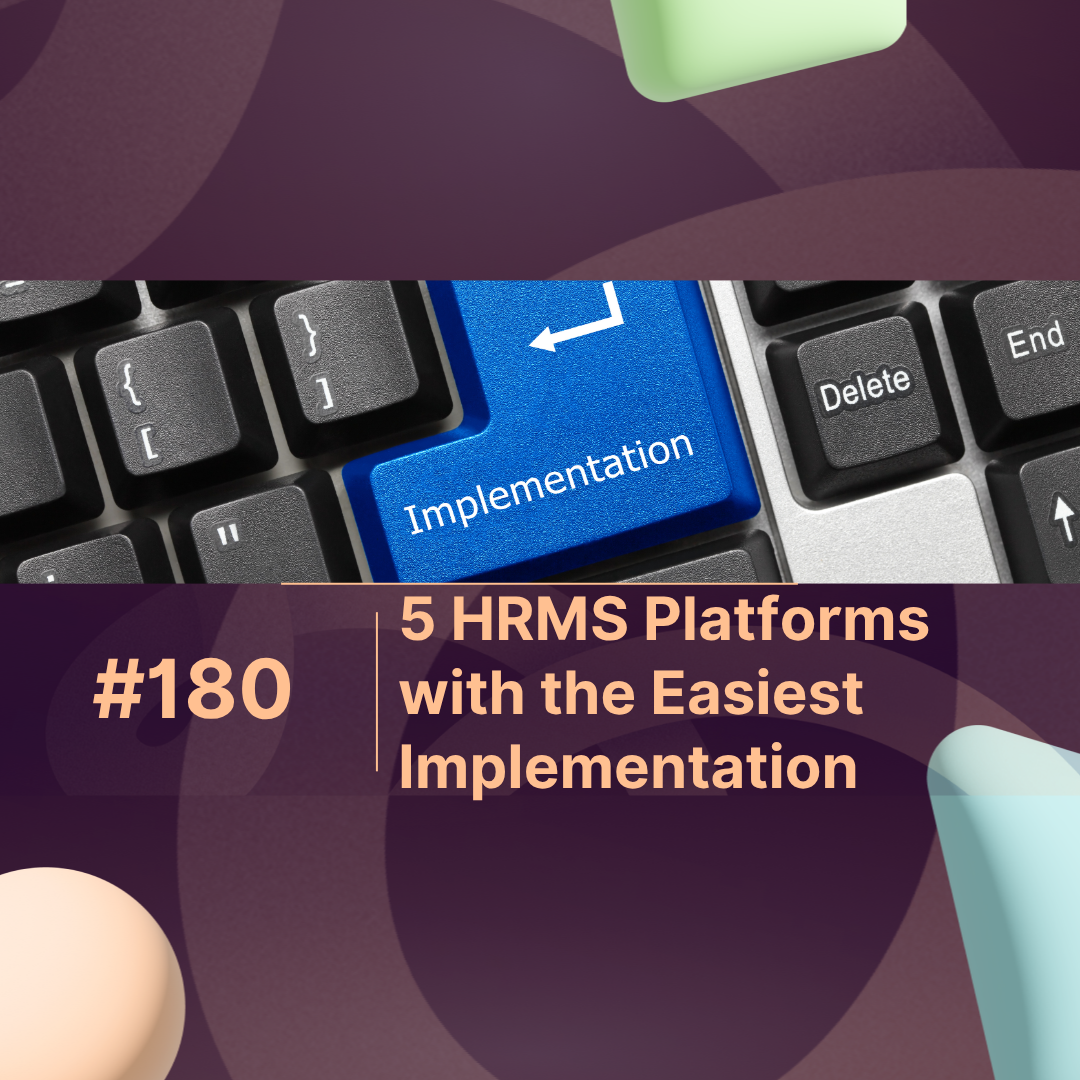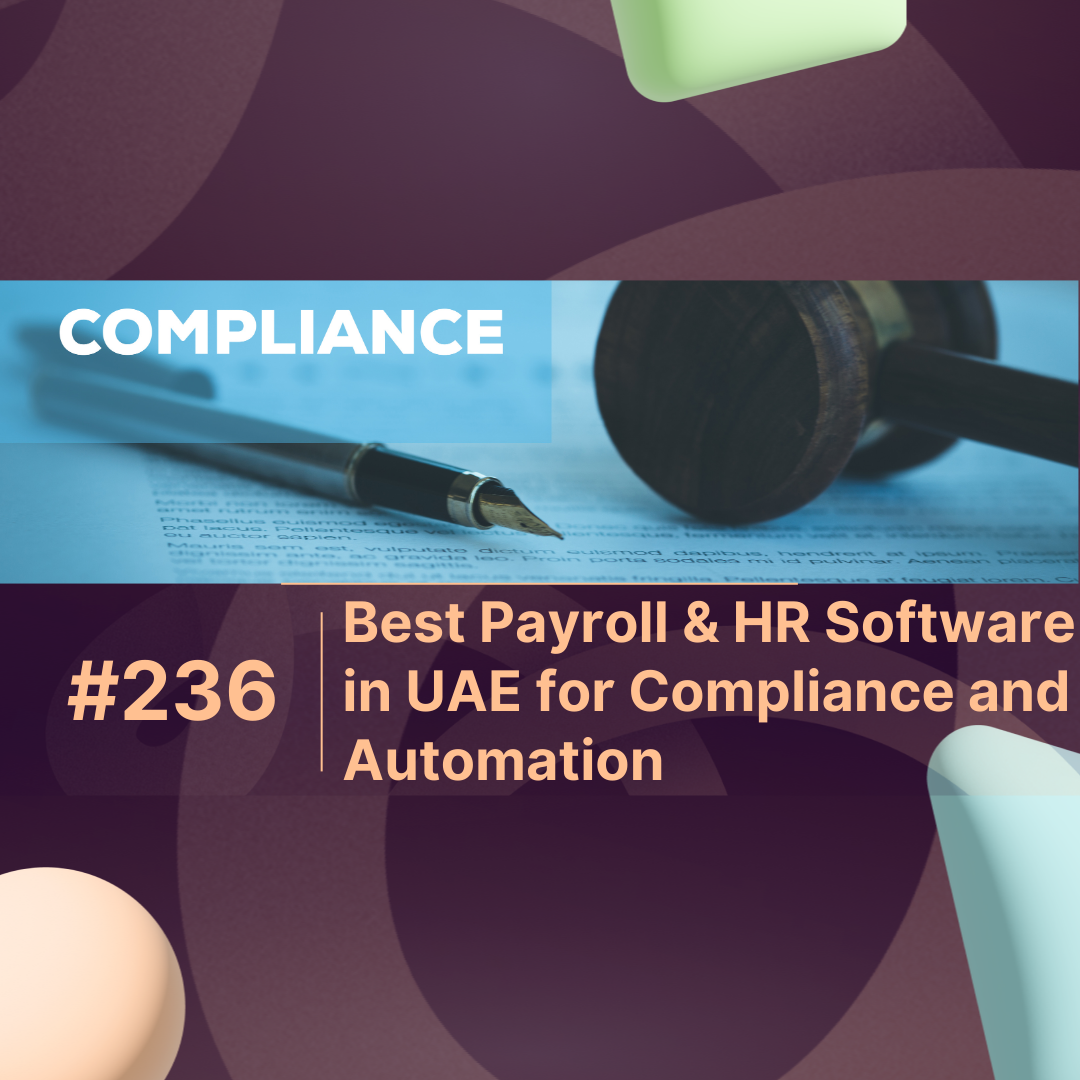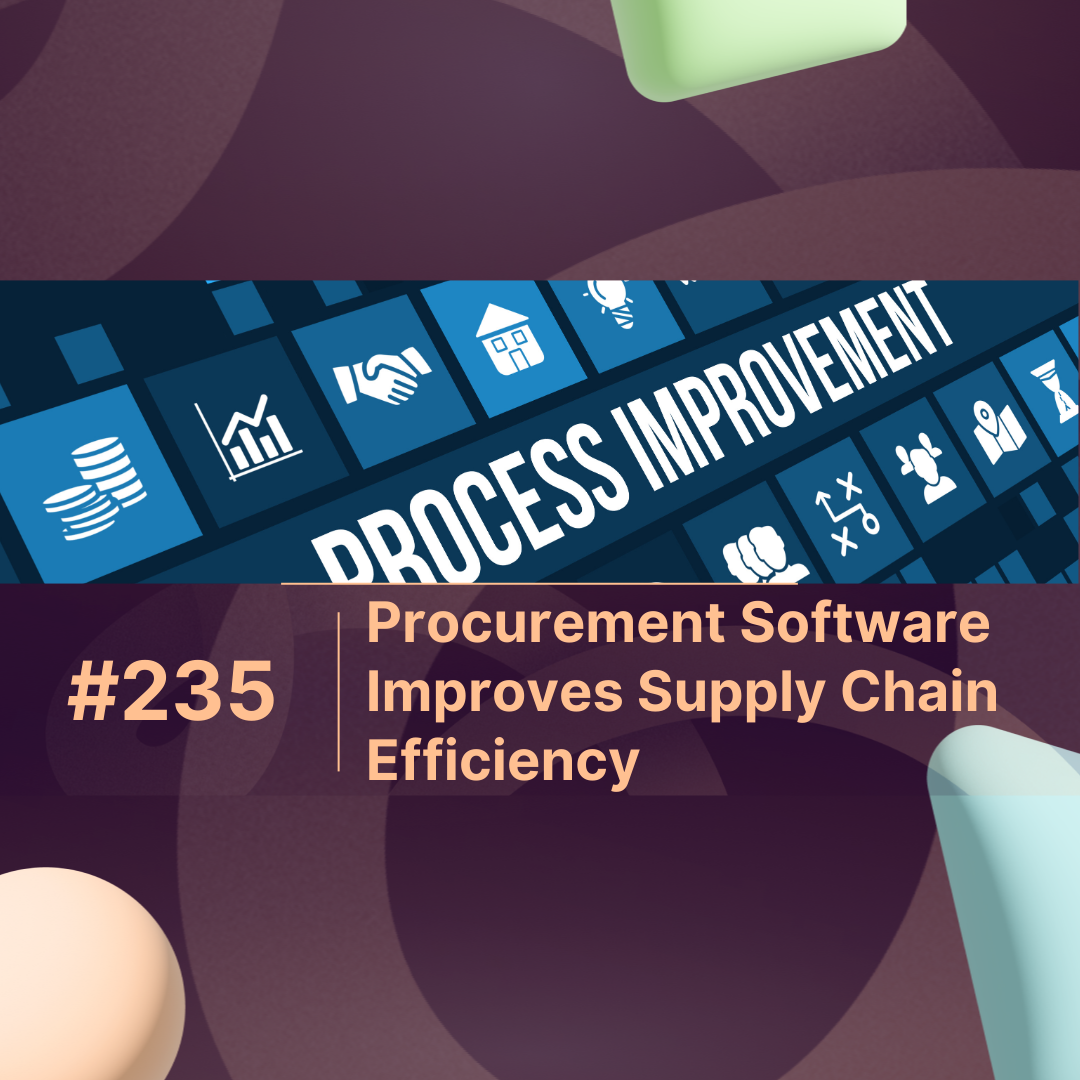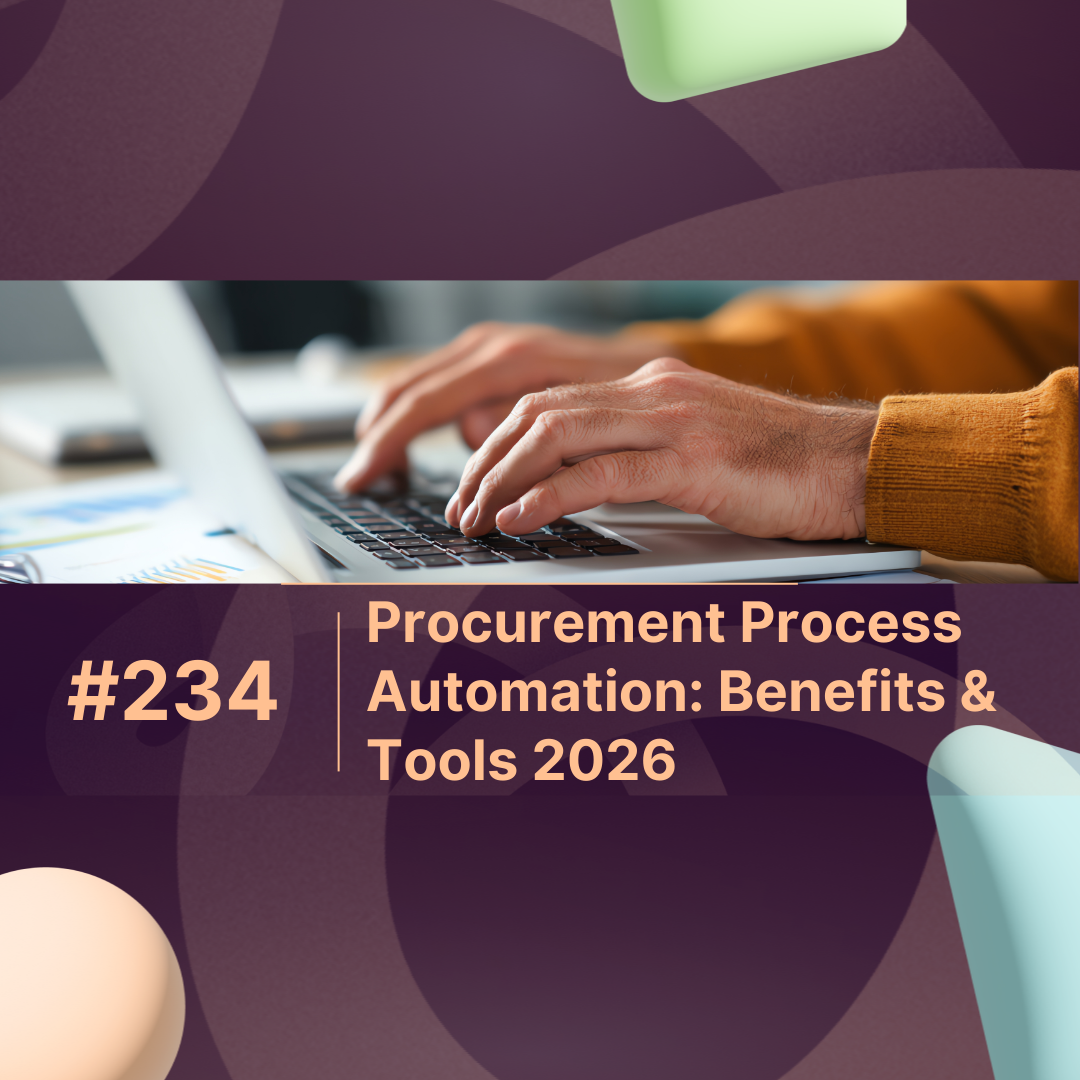Overview
Choosing an HRMS (Human Resource Management System) is no longer just about features it’s about how quickly and smoothly you can implement it. In 2026, organizations want tools that deliver faster onboarding, lower setup costs, and minimal IT headaches. This blog explores the top 5 HRMS platforms with the easiest implementation, backed by setup timelines, pricing insights, and real-world adoption data.
Why Does “Easiest Implementation” Matter in HRMS?
The easiest implementation in HRMS platforms means:
-
Faster go-live (measured in weeks, not months).
-
Pre-built integrations with payroll, recruitment, and compliance tools.
-
Simple user onboarding with minimal training.
-
Cloud-native infrastructure for instant scalability.
For SMBs and enterprises alike, smooth deployment saves 20–40% of total project costs compared to lengthy rollouts.
Top 5 HRMS Platforms with the Easiest Implementation in 2026
1. MaxHR – Fastest Deployment for Mid-Sized Businesses
If implementation speed is your top priority, MaxHR stands out in 2026. Designed for growing businesses, it comes with pre-configured templates for payroll, attendance, and employee onboarding. Most companies report going live in just 2 weeks, significantly faster than the industry average of 10–12 weeks.
Key benefits:
-
Intuitive setup with AI-driven onboarding guides.
-
Native integrations with tools like Slack, Zoom, and QuickBooks.
-
Affordable pricing for mid-market HR teams.
MaxHR is ideal for businesses that want robust HRMS capabilities without lengthy IT projects.
2. BambooHR – Easiest for Small Teams
BambooHR continues to lead in SMB adoption thanks to its lightweight setup. Implementation typically takes 3–5 weeks, with a user-friendly dashboard that requires minimal training.
Best for:
-
Small businesses scaling from spreadsheets.
-
Companies prioritizing employee self-service portals.
3. Workday HCM – Enterprise-Grade with Guided Setup
Workday remains a giant in the HRMS space, and in 2025, it has doubled down on AI-powered implementation assistants. While enterprise systems usually take months, Workday’s new “Express Setup” trims rollout to 8–10 weeks.
Best for:
-
Enterprises with complex HR workflows.
-
Organizations needing deep analytics and compliance.
4. Zoho People – Budget-Friendly, Quick Setup
Zoho People is known for its cloud-first model. With plug-and-play modules, many SMBs implement it in 2–4 weeks. Its affordability and flexibility make it a popular choice for startups and growing companies.
5. SAP SuccessFactors – Rapid Deployment for Global Teams
SAP SuccessFactors has historically been seen as complex, but in 2026, its “Accelerated Cloud Deployment” model allows global companies to launch in 10–12 weeks. It’s especially strong for organizations needing multi-country payroll and compliance.
Comparison Table: HRMS Platforms with Easiest Implementation (2026)
| HRMS Platform | Avg. Implementation Time | Best For | Starting Price (Monthly) |
|---|---|---|---|
| MaxHR | 2 weeks | All sized businesses | Custom pricing |
| BambooHR | 3–5 weeks | Small teams | $5 per employee |
| Workday HCM | 8–10 weeks | Enterprises | Custom pricing |
| Zoho People | 2–4 weeks | Startups & SMBs | $3 per employee |
| SAP SuccessFactors | 10–12 weeks | Global organizations | $7 per employee |
(Sources: Vendor case studies, implementation reports, 2025 HR software surveys.)
Conclusion
The easiest implementation HRMS platforms in 2026 are those combining speed, scalability, and minimal IT dependency. For mid-sized businesses, MaxHR leads the way, while Zoho People and BambooHR shine for smaller teams. Enterprises may prefer Workday HCM or SAP SuccessFactors for global reach.
If you’re looking to modernize HR without months of disruption, start with a platform designed for smooth, fast onboarding.
FAQs: HRMS with the Easiest Implementation
1. Which HRMS has the fastest implementation in 2026?
MaxHR and Zoho People are the quickest, with setup times as short as 2–6 weeks.
2. How long does HRMS implementation usually take?
On average, HRMS rollouts take 8–12 weeks, but newer AI-driven solutions reduce this by 40%.
3. What factors affect HRMS implementation time?
Team size, number of integrations, and data migration complexity are the biggest factors.
4. Is cloud HRMS easier to implement than on-premise?
Yes. Cloud HRMS platforms like BambooHR and Zoho People require minimal IT support and deploy faster.
5. Which HRMS is best for small businesses in 2026?
BambooHR and Zoho People are the most popular among SMBs, while MaxHR is ideal for scaling teams.



